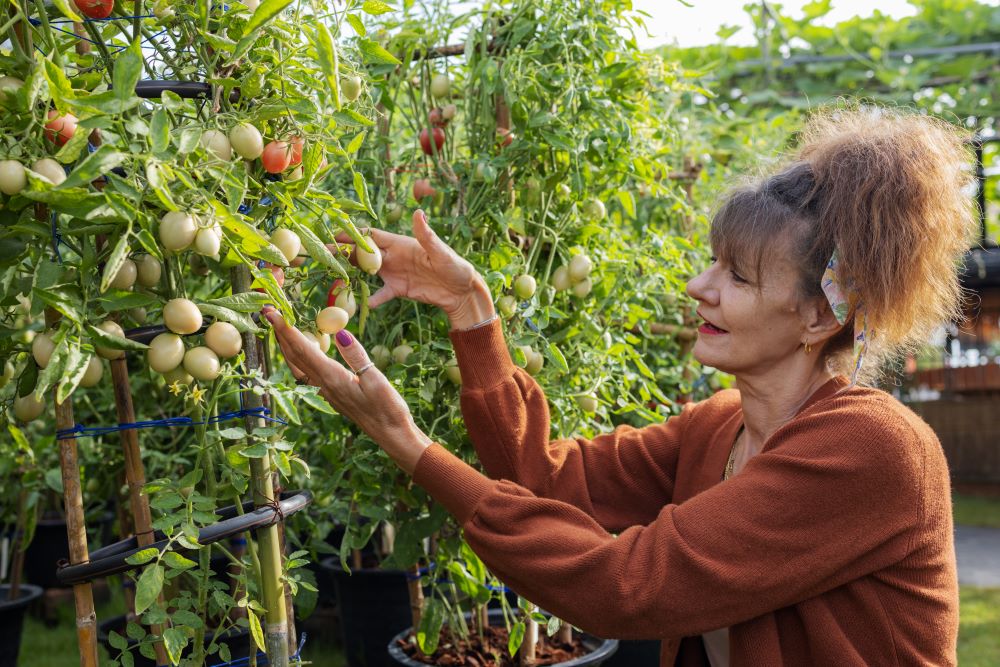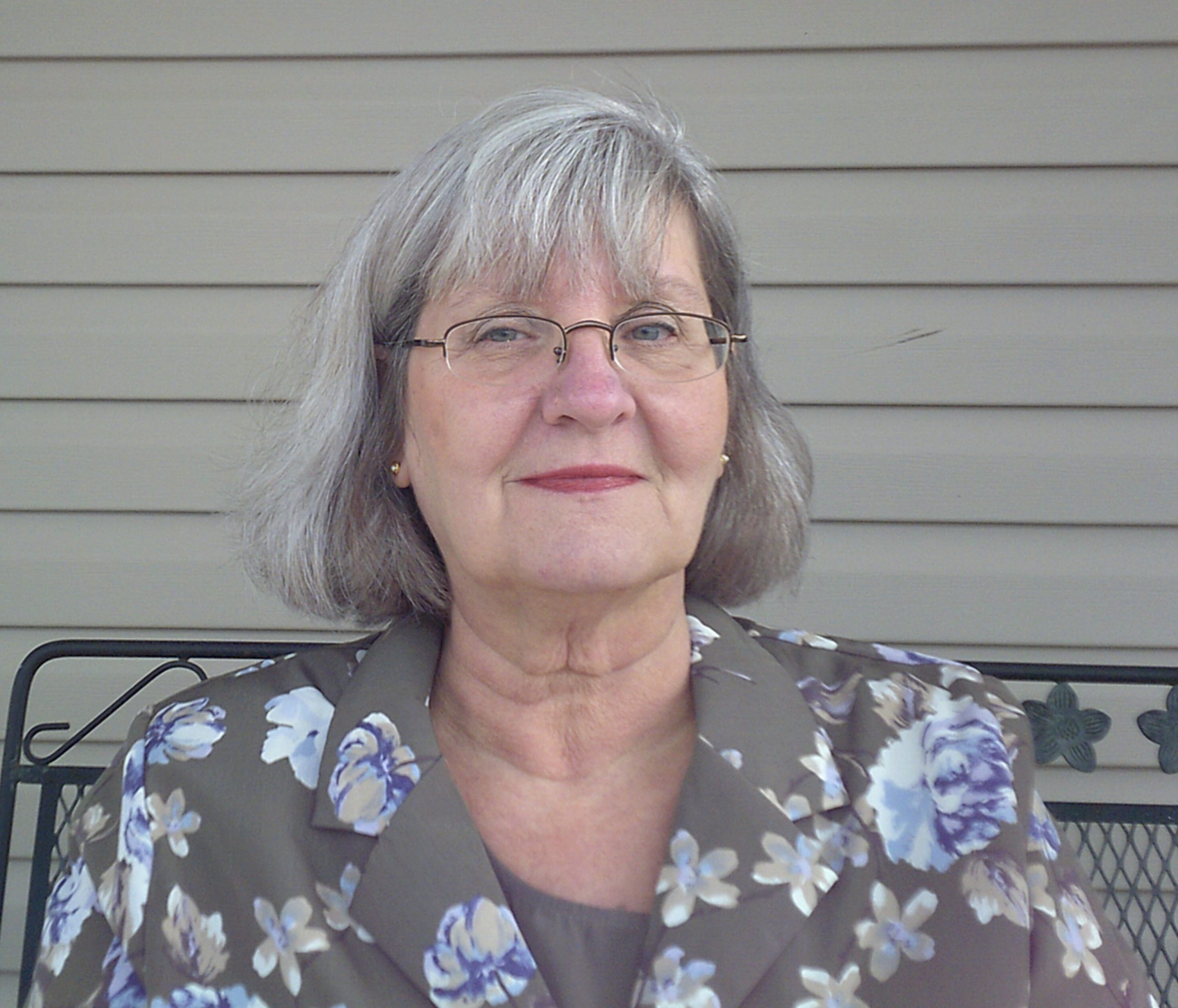Understanding the Challenges and Finding Support for Caregivers
Caring for a loved one with dementia is a noble and challenging responsibility. While the journey is filled with moments of love and connection, caregivers often face overwhelming feelings of loneliness and isolation. Let’s delve into the world of dementia caregiver loneliness, exploring their experiences, stories, and the support they need.

The Silent Struggle of Dementia Caregiver Loneliness
Loneliness can quietly creep into the lives of caregivers, even when they are surrounded by their loved ones. It’s common for caregivers to feel like they’re on their own, even when their role is to provide constant care and companionship.
Example: Meet Lisa, who has been caring for her mother with dementia for two years. Despite being physically present, Lisa often feels emotionally isolated. Her mother’s condition has progressed to a point where they can’t share conversations like they used to. This communication barrier leaves Lisa longing for the deep connection they once shared.

The Heartache of Being a Live-In Caregiver
Being a live-in caregiver intensifies the sense of isolation. The responsibilities are all-encompassing, leaving caregivers with little time for personal activities or social interactions. The lack of separation between caregiving and personal space can lead to emotional burnout.
Example: David has been living with his uncle, who has advanced dementia. While he is dedicated to providing the best care, he finds stepping away from his caregiving role challenging. Even when he has moments to himself, his thoughts are often consumed by worries about his uncle’s well-being.

Spousal Caregivers: A Deeper Connection, A Greater Struggle
Caring for a partner with dementia brings about a distinctive kind of isolation, known as dementia caregiver loneliness. Spouses who take on this role find themselves navigating uncharted waters, watching as their once vibrant partner undergoes a transformation that challenges recognition.
The heartache of seeing the person they love slipping away into the grasp of dementia creates an emotional landscape marked by both compassion and profound sadness. The loss of shared memories, shared dreams, and the ability to engage in intimate conversations becomes an ache that resonates deeply.
This unique brand of loneliness often finds its roots in the gradual fading of the deep connections that once defined their relationship, replaced by a new reality that requires adaptation and resilience.
Example: Julia has been caring for her husband since his dementia diagnosis. Their decades-long marriage has been built on a strong foundation of love and companionship. Now, as she navigates her husband’s changing personality and cognitive decline, Julia feels the absence of the deep emotional connection they once had.

Friends and Family Drifting Away
While the caregiving journey is challenging, it can also strain relationships with friends and extended family. Caregivers might find that friends and family gradually stop visiting or offering support. This can be isolating and hurtful, leaving caregivers feeling abandoned.
Example: Mike used to have a close-knit circle of friends who would visit regularly. However, as he took on the role of caring for his mother with dementia, those visits became less frequent. Mike’s friends seemed unsure of how to interact with his mother, leading to awkwardness and eventual distancing.
📣 Attention Dementia caregivers🔊
𝑼𝒏𝒅𝒆𝒓𝒔𝒕𝒂𝒏𝒅𝒊𝒏𝒈 𝒕𝒉𝒆 𝒑𝒓𝒐𝒈𝒓𝒆𝒔𝒔𝒊𝒐𝒏 𝒐𝒇 D𝒆𝒎𝒆𝒏𝒕𝒊𝒂 𝒊𝒔 𝒌𝒆𝒚!
Our guide on when to call the doctor is a must-read.
Finding Ways to Combat Dementia Caregiver Loneliness
Being a caregiver for someone with dementia can be isolating, but there are effective ways to combat feelings of loneliness and restore a sense of balance in your life.

1. Seek Support Groups and Online Communities:
Example: Caroline, a caregiver for her aunt, found comfort in attending a local support group for dementia caregivers. Connecting with others who shared similar experiences allowed her to share her feelings openly, receive advice, and build meaningful friendships.
Connecting with others who understand your journey is a powerful way to combat loneliness.

2. Explore Respite Care Options:
Example: Robert, who cared for his father with dementia, decided to explore respite care services. These services provided temporary relief by having trained professionals take over caregiving duties for a short period. This allowed Robert to take a break, recharge, and spend time on his own well-being.
Taking breaks through respite care can rejuvenate caregivers, helping them navigate their role with more energy and patience.

3. Pursue Personal Hobbies:
Example: Alicia, a caregiver for her mother, discovered that dedicating time to her passion for gardening brought a sense of fulfillment and relaxation. Engaging in hobbies outside of caregiving not only provided a much-needed break but also served as a reminder of her own identity.
Rediscovering personal interests can remind caregivers of their individuality, fostering a sense of connection with themselves.

4. Connect with Friends and Family:
Example: Mark, who cared for his wife, maintained open conversations with friends about his caregiving responsibilities. He helped educate them about dementia so they would better understand how to interact with his wife. He invited them to visit and spend time with him and his wife in comfortable settings.This helped create opportunities for him to continue socializing with his friends.
Nurturing relationships with friends and family can provide much-needed emotional support and break the cycle of isolation.

5. Embrace Technology for Communication:
Example: Grace, who was a long-distance caregiver for her father, utilized video calls to stay connected and a caregiver app on her phone to track the care her father was getting. Despite the physical distance, these virtual conversations allowed her to see her father’s face, share updates, and maintain a sense of closeness.
Modern technology can bridge the gap and facilitate meaningful interactions, even when physical presence is limited.

6. Practice Self-Care:
Example: Daniel, a caregiver for his brother, recognized the importance of taking care of himself. He dedicated time each day to activities that brought him joy, like going for walks or reading. By prioritizing his well-being, he found he was better equipped to care for his brother.
Self-care is not selfish—it’s an essential component of maintaining emotional resilience and combating feelings of isolation.

Building a Strong Support System
Caregivers need the understanding and support of their friends, family, and community. By fostering open conversations, educating those around them about dementia, and actively reaching out for assistance, caregivers can create a network that helps alleviate their feelings of isolation. Learn more about caregiver support HERE
Example: Nina and her family took proactive steps to involve their friends in her caregiving responsibilities for her grandmother. They organized regular gatherings where friends could visit and interact with her grandmother comfortably, helping them feel more connected and included.
They also created a revolving family calendar which included scheduled visits. This helped keep the family involved, provided respite for the caregiver and maintained a routine for their loved one with dementia.
Conclusion:
Caring for someone with dementia is a selfless act that comes with emotional complexities. Caregivers experience a unique kind of loneliness and isolation that can be challenging to overcome. However, by sharing stories, raising awareness, and offering consistent support, we can work together to ensure that caregivers feel understood, valued, and connected.
The Dementia Caregiver Blog Library
Activities, Advanced Directives, Agitation, Apathy, Approach, Apps for Caregivers, Basic Caregiving, Bathing, Bathroom Safety, Caregiver Burnout, Caregiver Compassion, Caregiver Emotions, Caregiver Help, Caregiver Loneliness, Caregiver Support, Cold & Flu Season, Communication Challenges, Dehydration, Dementia Complications, Dementia Doctors, Dementia Safety Home, Dementia Types, Dementia-Friendly, Dressing Issues, Driving Safety, Eating Problems, Fall Prevention, Family Help, Finances, Guns & Dementia, Harm Prevention, Healthcare, Help at Home, Hiding Dementia, Holidays, Hospice, Hospital Stay, In-Between Stage, Kitchen Safety, Laughter, Legal Healthcare, Marijuana use, Medication Tips, Music, Nutrition, Pain, Patience, Poop Problems, Relationships, Reminiscing, Routine, Safety, Sense of Purpose, Shadowing, Sleep Issues, Stages of Dementia, Sundowning, Television, Time Travel, Traveling, Toileting, Wandering
Exploring Caregiving Tools & Resources? Don't Forget to Check Out My Resource Page! 🌟

Hi, I’m Larea, a Certified Dementia Specialist and Registered Nurse with 30 years of hands-on experience helping dementia patients in various settings, from hospitals to nursing homes and hospice. Drawing on personal experiences with my family members and patients over the years, I’m here to help guide you on your caregiving journey.

